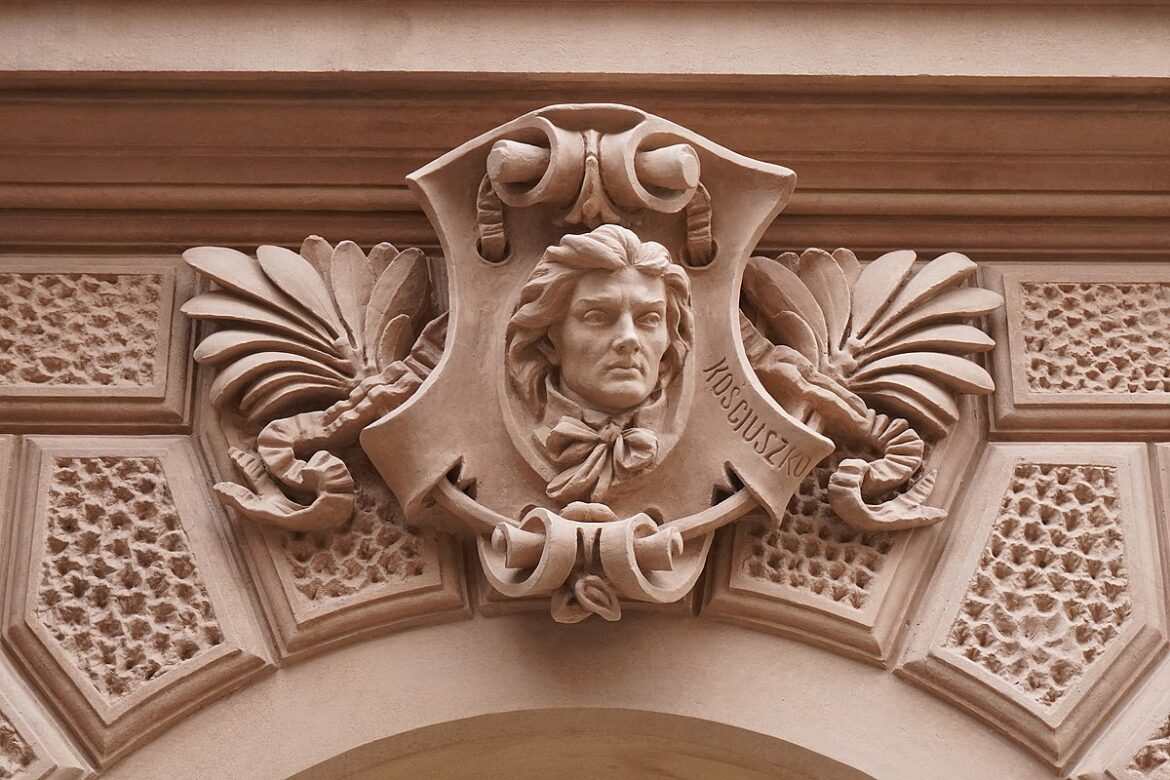Tadeusz Kościuszko, an outstanding soldier and engineer, died 205 years ago. In response to the news of his death, Catholics, Lutherans, Calvinists, Jews and Muslims held mourning services in Poland. To this day, the memory of Kościuszko’s deeds is also alive in the USA, Belarus and Lithuania.
He was born on 4 February 1746 in Mereczowszczyzna (now Belarus) to a noble family. He was educated in the Cadet Corps of the Knights’ School. Obtained the rank of captain, he left for Paris, where he studied at the Academy of Painting and Sculpture. After the first partition of the First Polish Republic, he decided to support the Americans in the War of American Independence. In 1776, Congress accepted him as an engineer and colonel in the army. He built fortifications at Billingsport to protect Philadelphia from a British landing. He became famous for his fortifications on Bemis Heigths Hill near Saratoga, which contributed to the defeat of an English corps in 1777. As a result, Kościuszko was entrusted with fortifying the famous West Point fort. At the end of the war, he received a sabre from G. Washington with the inscription: “America with Washington to his friend T. Kosciuszko”.
After eight years in America, he returned to his homeland and became a major general in the Polish army. When Russia invaded the Polish Republic in 1792, he was awarded the Order of Virtuti Militari for his bravery. After losing the war in defence of the 3rd of May Constitution, he did not break down, and as early as March 1794, in Kraków, he vowed to fight for independence, and then commanded the fight against the two powers of the time – Russia and Prussia. The victory at Racławice became a symbol of Polish heroism, and Kościuszko was adored by Poles, also because of issuing the document regulating peasant situation. After the defeat at Maciejowice, he was taken into captivity and imprisoned in St. Petersburg. Having regained his freedom, he left for the United States, where he was greeted like a hero, then to France, where he also supported the formation of the Polish Legions.
Kościuszko died on 15 October 1817 in Solura, Switzerland. He was buried on the Wawel Hill in Kraków, where grateful countrymen erected a mound bearing his name. William H. Harrison, later President of the United States, said in Congress that Kościuszko’s fame “will last as long as freedom reigns over the world”.





